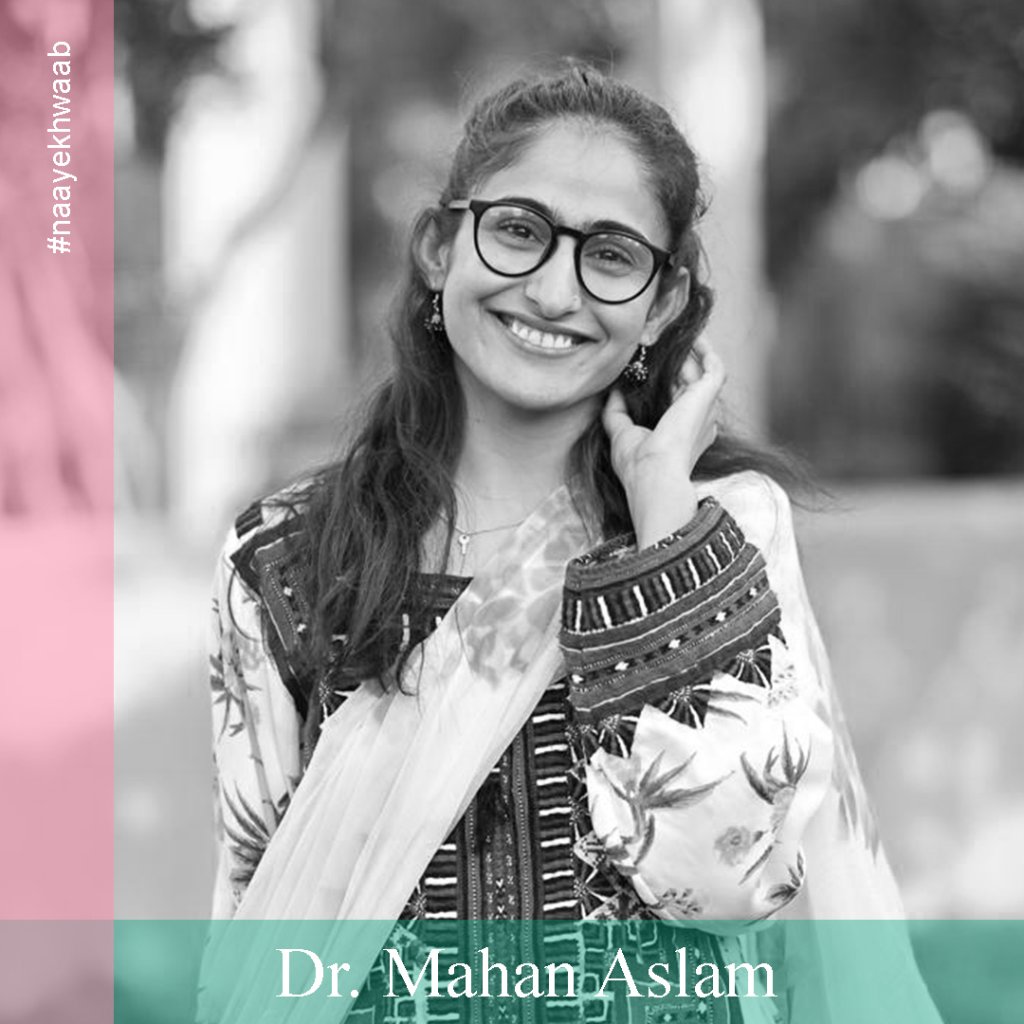
Polycystic Ovary Syndrome (PCOS) Beyond Infertility
Polycystic Ovary Syndrome (PCOS) is one of the most common hormonal conditions affecting women today, impacting around 6–13% of women of reproductive age. PCOS begins when the body’s hormones fall out of balance. Normally, the ovaries release one egg each month. In PCOS, this process doesn’t work smoothly because:
1. Hormonal Imbalance
The ovaries produce higher than normal levels of androgens (male hormones).
These androgens disturb the release of eggs (ovulation).
2. Insulin Resistance
Many women with PCOS have cells that don’t respond well to insulin, the hormone that controls blood sugar.
The body then produces more insulin.
High insulin levels further increase androgen production, making symptoms worse.
3. Ovarian Effect
Because ovulation is irregular, the ovaries may develop many small fluid-filled sacs (follicles).
These are not harmful, but they indicate that the eggs are not being released properly.
When hormones go out of balance in PCOS, periods may become irregular or stop for months. Many women also struggle with excessive hair growth, acne, and weight gain. These symptoms are often the first signs of the condition.
Beyond this, PCOS can create long-term health problems. Infertility is common because irregular ovulation makes it hard to conceive. Insulin resistance raises the risk of type 2 diabetes, high blood pressure, and heart disease, showing that PCOS is far more than just a reproductive issue. Irregular cycles also increase the risk of endometrial cancer, while weight gain and sleep problems such as sleep apnea can make things worse over time.
When we talk about PCOS, the conversation is usually limited to infertility or visible symptoms like excessive hair and changes in appearance. That’s because women are often told to see themselves through these lenses, where their value is tied to fertility or looks. But as PCOS becomes more common, the discussion also needs to expand. We should be talking about its impact on mental health, the anxiety, low self-esteem, and emotional struggles that come with it, not just the physical signs.
In health systems too, the focus usually remains on changes in appearance or medical complications such as infertility, heart disease, or the increased risk of type 2 diabetes. While these are important, the psychological side is almost never addressed. The anxiety, depression, and emotional struggles women face because of PCOS are treated as invisible, even though they affect quality of life just as much as the physical complications.
Most of the time, when PCOS is discussed, the focus stays on infertility and the complications mentioned above. Yet a very serious and much-needed conversation is missing, the mental health problems it brings. We already live in a society where mental health is stigmatized, and when you add a condition like PCOS, women are pushed into a space that feels invisible. It is like being asked to stand on the “third side of a coin,” a side that technically does not exist. That is exactly how women’s mental health in the context of PCOS is treated, as if it doesn’t exist at all.
The psychological stress in PCOS comes from two sides. On one hand, the visible symptoms, like excessive hair, acne, weight gain, or infertility, become even harder to cope with because of societal standards and expectations placed on women’s bodies and roles. On the other hand, there is the emotional dysregulation that comes directly from the hormonal imbalance itself, which can cause mood swings, anxiety, and depression. These two stresses, though different in origin, often overlap and make the emotional burden of PCOS much heavier, yet this distinction is rarely acknowledged.
What we need, therefore, is a broader and more honest conversation around PCOS. Health systems should not only focus on fertility treatments or managing long-term complications like diabetes and heart disease but also integrate mental health support into care. Counseling, peer support groups, and open dialogue about body image and self-worth should be part of treatment plans.
We also need social conversations that challenge the stigma surrounding both mental health and women’s reproductive health. Women with PCOS should not feel reduced to their ability to conceive or how they look. Instead, the focus should be on their overall well-being, physical, emotional, and social.
And on a personal level, the next time you meet a woman diagnosed with PCOS or notice symptoms like weight gain or excessive hair, pause before asking about her “disease” or fertility. Instead, ask her how she’s doing, or simply offer space to talk. These small shifts in how we respond can make a huge difference.
Let’s spread awareness of PCOS beyond infertility, break the silence around its mental health impact, and create a culture where women can talk openly and be supported without judgment.
